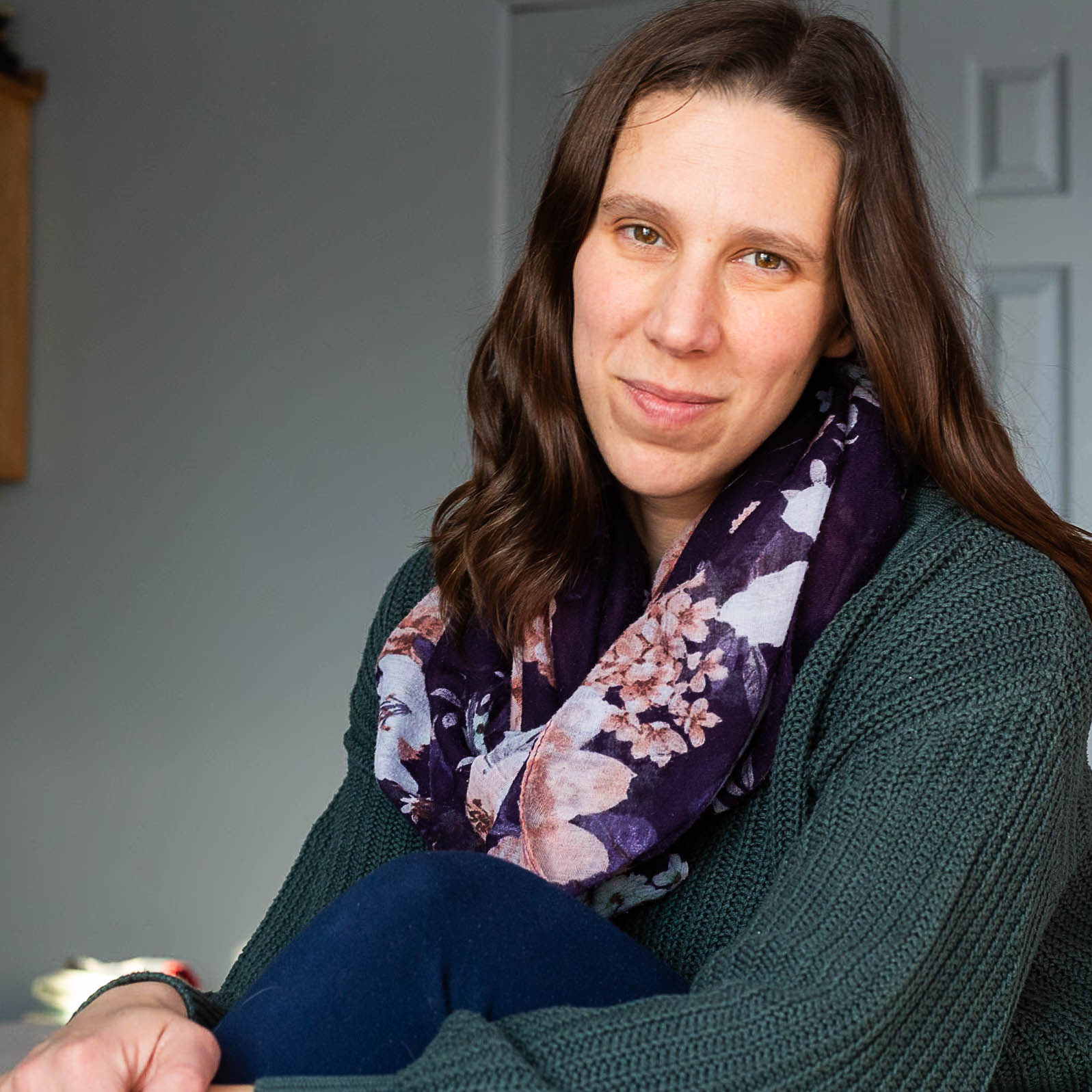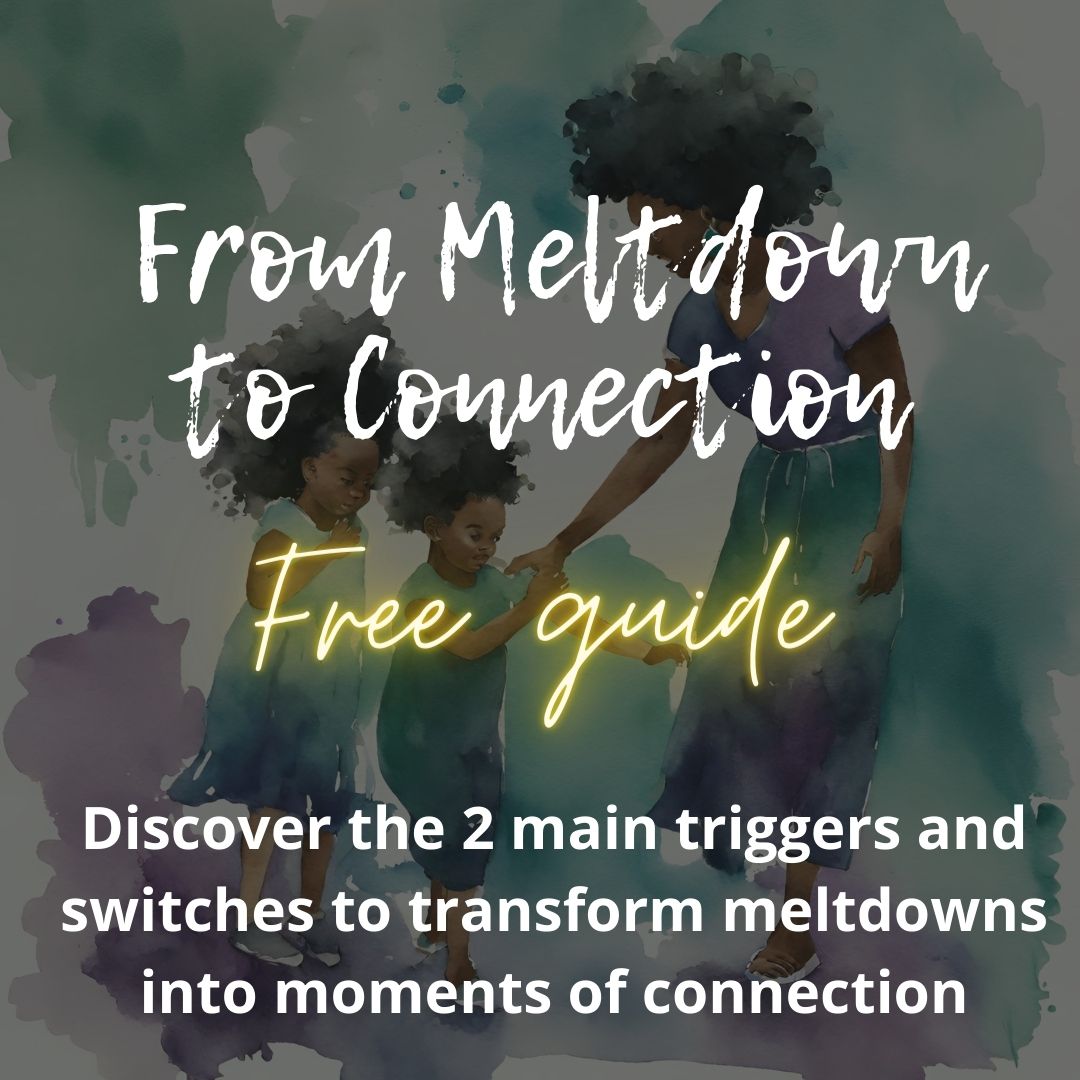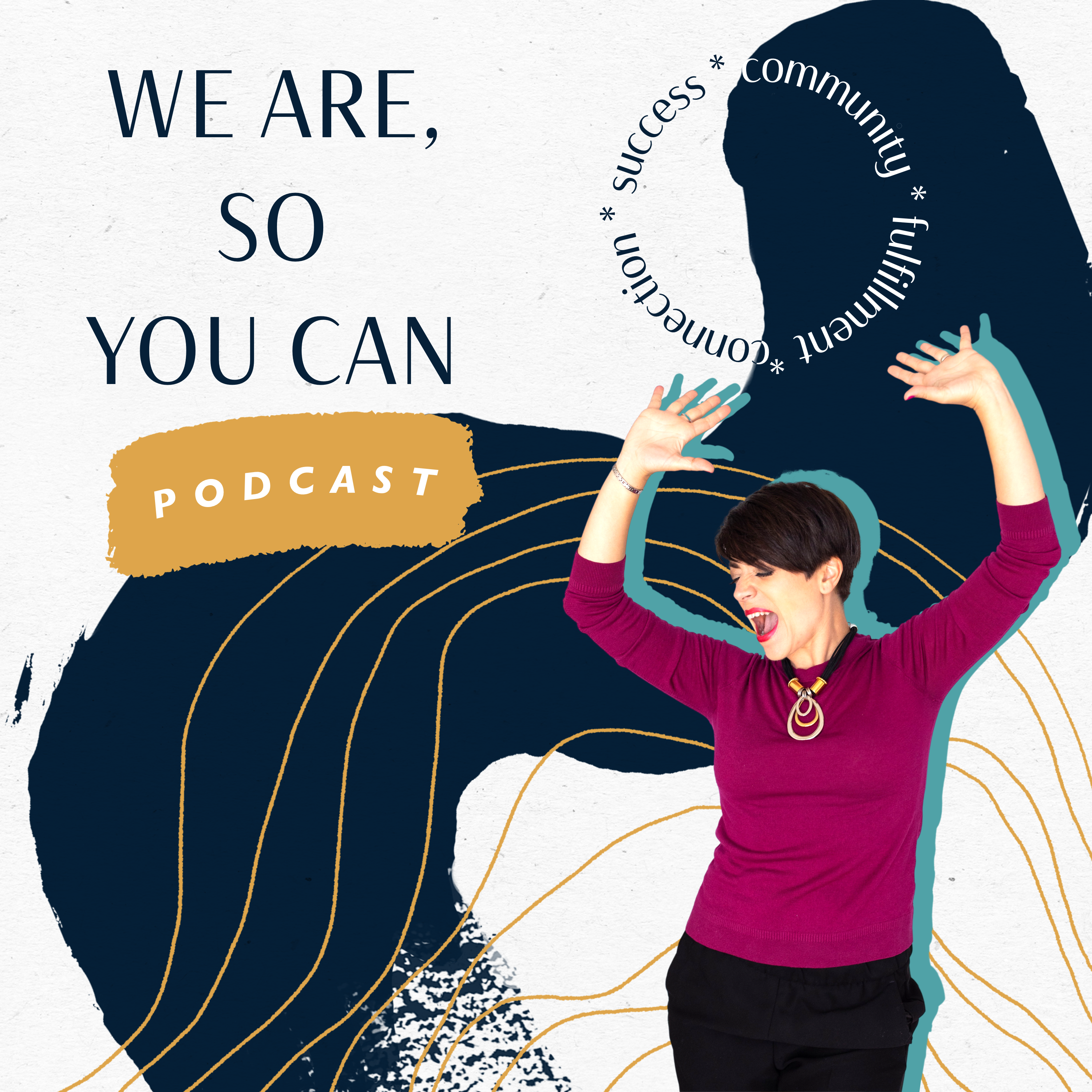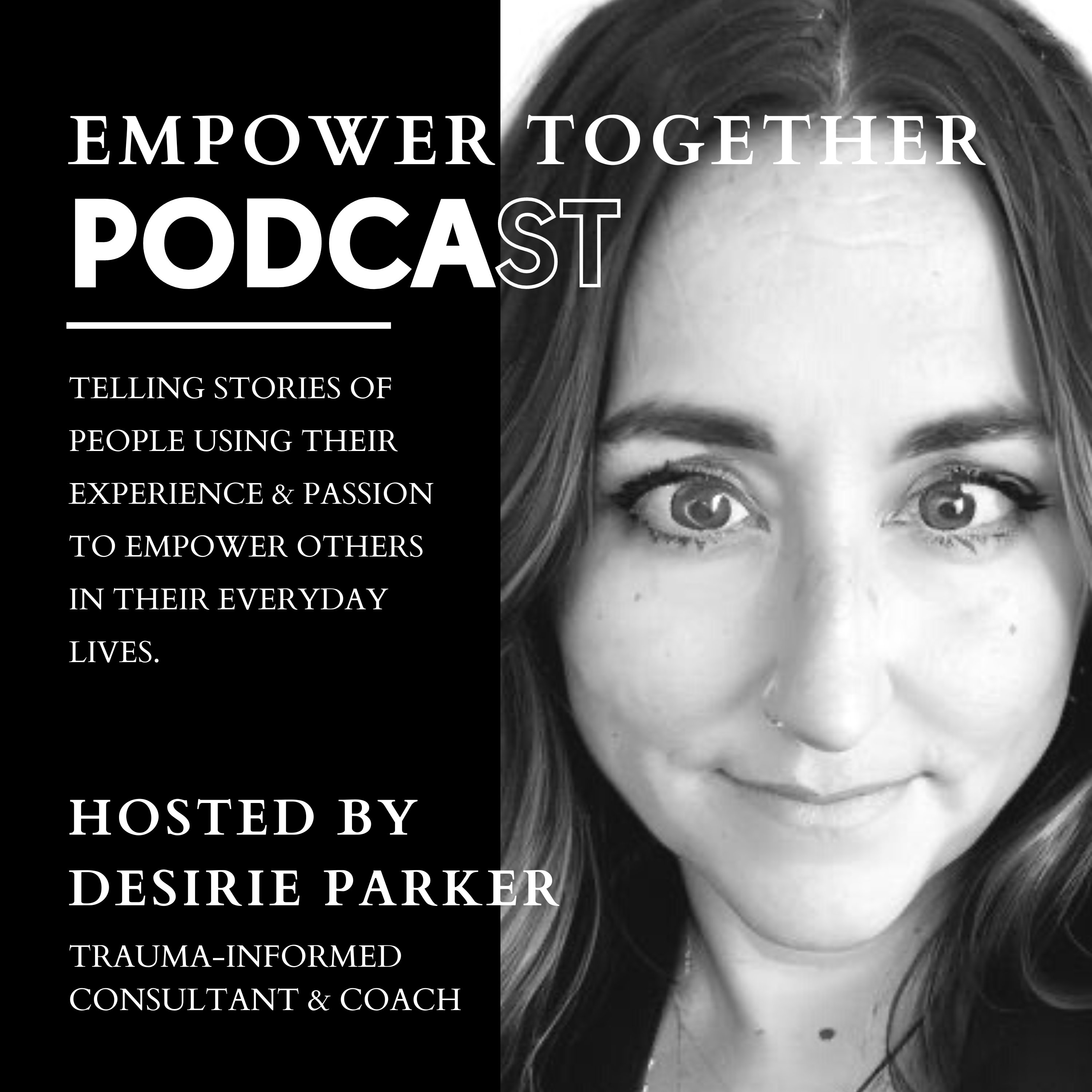No products in the cart.

My child has intense emotions and I want to help them calm down, manage their emotions and collaborate...
You've come to the right place!
Start here, download the guide to get some quick realizations and fixes.
Not sure what an emotionally intense child is? Check this out first.
How can I help my child calm down?

The main way you can help your child to can calm down is by being calm yourself.
I know it's not what you want to hear, but it's where we have to start. That doesn't mean that they are acting that way because of you, that you are the cause of what's happening. I'm never suggesting that.
But to calm down, they need support and you can't be there to support them to calm down or use any method to regulate their emotions if you're not calm yourself.
We can teach them lots of techniques and tips and tricks to calm down, but the most important one is to first stay calm ourselves
And I'm sure you tried.
I'm sure when things got heated, everyone had lost patience, you tried to ask you child to just get calm or relax. You might have told them to "breath" or "use their inside voice" just to have it all blowup in your face.
Not only they didn't calm down at all but it got worst.
There's two possible reasons for that and they often are both the reason at the same time
- It was not the right way to act in the moment
- You were not calm at all yourself when you said, you might have tried to stay calm but you were annoyed, impatient, frustrated, name it.
I know because I've been there way more time than I can count.
Do any of this resonates?
If so, you're at the right place as I'm all about supporting parents (and other caregivers) of emotionally intense kids.
And I know how confusing and (let's be honest) discouraging it can be sometimes...
So, where do I start?
With the 7 key elements to help kids calm down
1. Regulation
That's basically the official word for "staying calm". More specifically it means being in tune with the context. It's when we are feeling emotions that fit the space and moment we are in and we don't feel stressed or afraid of anything. That's when kids are able to collaborate, learn, follow demands and act in the expected way.
When kids are not regulated, they are dysregulated (or not calm) and that's when they act in a way that is often looked at as "inappropriate" for the situation. When they act that way, they are not in control of their emotions anymore and are in fight or flight mode. In that state, they are not able to do what we think they should be able to. For that reason we want to help them to feel safe so they can get out of fight or flight mode. And from our point of view they are safe, but they don't feel safe and there's many possible reasons for that. And again it's not your fault, you're not doing anything on purpose to stress them or frightened them I'm sure. But their intensity makes them more reactive to many possible things.
There is many ways to support regulation in kids, mainly sensory or mindfulness based, you can find many resources to go deeper on that topic below.
2. Avoid escalating
We need to be regulated in big part to avoid the escalation that often happen when our emotionally intense child is spiralling down. Because when they are in that dysregulated stat, it puts us in fight or flight mode too and we also get dysregulated and it's in those moments that we will act in a way that we often regret later, as we know we should not ve acting that way, but we can't control our own emotions and reaction when we are in that state. For more on that subject, check all the information on Staying Calm When Your Child is Not.
We also need to not add fuel to the fire by giving consequences when your child can't do something, it's not helping them in that moment, it's lowering their feeling of safety and setting them up for failure since they are not in control of their behavior and can't change it.
“Kids do well if they can” - Dr Ross Greene
3. Expectations
Society often places high expectations on children, expecting them to be calm and behave in a certain way. And as parent we do to, influenced by the general society and by our personal circle (friends, family, colleagues).
For emotionally intense kids, these expectations are most likely unrealistic and unattainable, at least they are not all the time. So the first thing to do is to ask ourselves if the expectation is realistic in that particular moment or context. That's really important, because one thing that through parent off often is the fact that "but yesterday they were able to do stay still while waiting in line, why can't they just do it today!".
The things is that, for some reasons, yesterday they had the capacity to stay calm and in control in that particular moment, but today they dont. So in that moment, we need to modify our expectations of what we expect of them.
Lowering expectations doesn't mean giving up on our children's potential. It means acknowledging that they may not be ready for certain tasks or situations at this moment. By lowering expectations temporarily, we create space for them to concentrate on other areas and develop the skills needed to tackle those challenges in the future.
4. Adapting the Environment
One of the way to change the expectation is to adapt the environment around them.
- Removing temptations: they are always eating cookies when they should not? Put the candy somewhere they can't reach or know it's there,
- Providing structure: they need some agency and control in their life but they also need some structure and routine to know what to expect. They also often need more consistency from us than other kids and that can be hard (I know I struggle with that one).
- Offering scaffolding: that basically means giving them a hand when needed, even if it looks like they are old enough to do the thing or that they normally are but today they are not. By doing that we allow them to develop the skills needed or use another one for now and they will come back later to that one.
5. Playing Detective
To be able to support your child needs in the best way for them, you first have to be clear on what their needs are. And as simple as it is to say, it's far from simple to do. Most of the time (in not always) they don't express their needs clearly.
So we have to play detective to be able to understand them. It's a lot of observation, curiosity, note taking, photography (my favorite way), time and energy to put in, but once we have a better understanding of their needs and their triggers, we can much more easily support them in a way that will actually work with them.
6. Avoiding "futur planning"
As parents, we often worry about the future and want the best for our children. So it's really easy to spiral ourselves when we think they might not succeed at something, get hurt or never be a functioning adult. And then we get into fight or flight mode and get dysregulated again.
So by focusing on the present and on meeting their needs in the here and now and remembering that they cannot do it "yet" we can work on avoiding that feeling of our kids being destine to a dark futur.
And by focusing on supporting their actual needs right now, we build their self-esteem, make them feel understood, and provide a solid foundation for their future growth, it's hard, but much more effective they giving into the fear.
You may also worry that making adjustments now will have a negative impact on their development and independence later on. It's important to remember that as they grow older, they will naturally get more control over their environment and adapt accordingly by themselves. They have much less control now, in school or at home, because adults are in control of most things. So by providing the support they need now, we help them develop at their own pace and built confidence and resilience in their ability. Without the adaptation they need, they would get discouraged much faster.
7. Embracing Change
Change can be frightening, especially when it comes to changing the way we parent our kids that it based on how we learned we should do it. But, allowing ourselves to change things up to better suit our kids needs and adapting our strategies, we create an environment that supports our children's emotional intensity and strengths (because they also have many) at the same time.
It's not about changing the child; it's about changing the environment and our expectations to empower our children to navigate their emotions and develop the necessary skills to thrive.
Great, how can you help me?
Everything I offer is designed specifically for YOU, parents of emotionally intense kids in mind.
If you're starting in your journey, I suggest you look at those resources:
Start here, download the guide to get some quick realizations and fixes.
What to start to change things in your family life?
This is the course to start with, it covers all the basics.
Ready for some changes in your parenting and want to be supported on an ongoing basis?
Check all the details for the Monthly group support over here
Prefer the written version? Check the Blog instead
Get information specifically for parents of emotionally intense kids, nothing standard that you heard everywhere else.
List of podcasts episodes to explore to learn more on that topic
- 003 - Helping our kids calm down in the heat of the moment
- 015 - What happens in our kids' body and mind when they lose control? - With Mercedes Oromendia
- 017 - Sensory system's everyday impact - With Munira Adenwalla
- 045 - Helping kids calm down, why?
- 027- Compassionate Communication and Supporting Intense Kids with Allison Livingston 045 - Helping kids calm down, why?
- 031- Avoiding Conflict & Power Struggles with Our Emotionally Intense Kids with Afsaneh Moradian
- 016 - Decluttering for a calmer house - With Rebecca Jo Rushdy
- 021 - A healthy foundation for less meltdowns - With Keri Cooper
More resources
*I'm doing a mindfulness teacher's training certification at the moment, so more resources will be added soon in this category
Struggling to stay calm when you're child is not?
Shop all the resources to help your child regulate
“
“I really enjoyed the call with Anouk. We were chatting, laughing, exchanging experiences… I love how she can create a joyful, warm and safe space to interact. It felt like a coffee date with a friend!
She was very attentive and understanding (...). Thanks a lot for listening and sharing your experience with me, Anouk.”

Hi, if we don't know each other,
I'm Anouk!🖐️
I'm a mom of 3 emotionally intense (and wonderful) kids, I have a master's in social work and I’ve been supporting parents for more then 15 years (and that's how long I've been a mom!).
So now I support and mentor parents of emotionally intense kids for whom nothing in the “general parenting advice” seems to work.
Together, we'll uncover what’s going on with your child and find solutions and ideas that work for YOU and YOUR kid(s) so things go more smoothly, you can quit feeling like you are failing at parenting in constant fear of the next outburst and feel confident in trying different things that fit your kids' needs better.
A few places you can also hear, see or read me...
Listen to all the podcasts I've been invited on over here
“
Anouk was so involved and responsive with all the students on board.
She gave so freely of herself. But she also does it in the course material and shares her knowledge and tips without holding back so that everyone wins.















